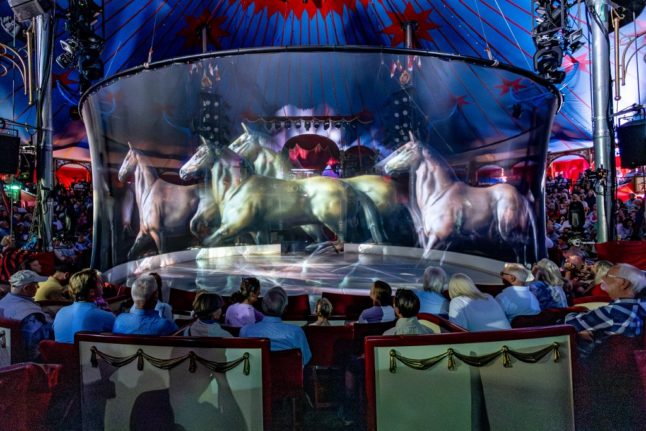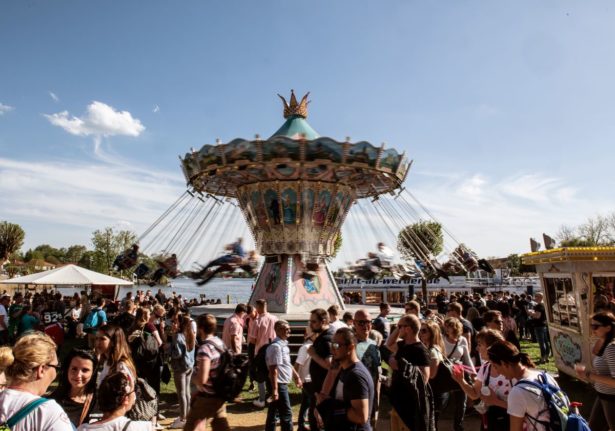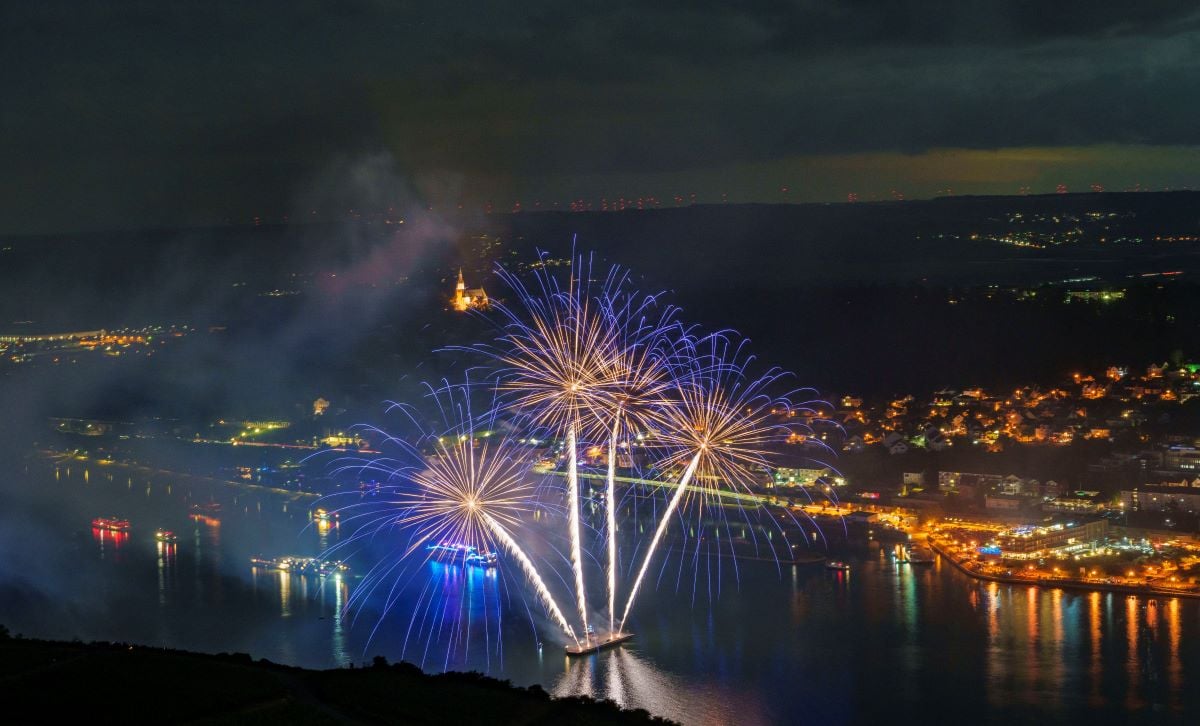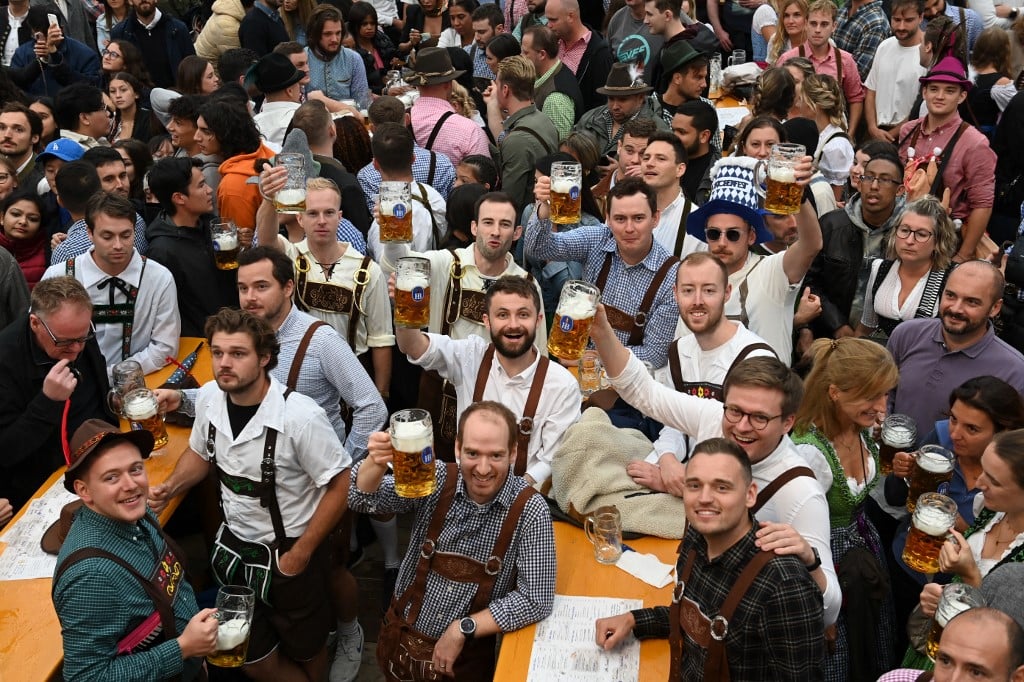The smell of sawdust and popcorn fills the air. The clowns, acrobats and magicians are all in place.
As the audience are guided to their seats inside the big top, all the classic elements of the circus are there — except one. The live animals have been replaced by holograms.
Due to concerns over animal welfare, Germany’s Roncalli circus stopped using lions and elephants in its shows in 1991. But it went further in 2018 and completely removed live animals from its programme.
“It is no longer appropriate for Roncalli to show real animals in the ring,” circus boss Patrick Philadelphia, 49, told AFP.
Over the last years, circuses have found themselves increasingly constrained by space.
“If you’re setting up in the middle of a marketplace in the centre of town, there is no space for outdoor enclosures for animal runs,” said Philadelphia.
The nomadic character of circus life was also a strain for animals like horses which had to be loaded onto wagons and then driven to the next town.
“This no longer made sense for an animal-protecting circus,” said Philadelphia.
As Roncalli looked for ways to preserve the magic of animals for children, a show in which Justin Timberlake “collaborates” with a hologram of the late Prince triggered the idea to turn to 3-D imagery.
“If you can project someone who’s no longer living onto a holographic screen, why can’t you do it with an animal, a horse, an elephant? So that’s where the idea came from,” said Philadelphia.
Something unexpected
In Luebeck, a steam train circling the ring kicks off the show to the sound of “Sunday Morning” by Nico and The Velvet Underground, before a bright green parrot appears.
The bird gives way to an elephant and her baby, who stomp and trumpet at the audience, only to be chased by a herd of galloping horses.
Designing the visual illusion was a technical challenge, as the circus seats its audience in a circle, unlike a theatre where the public sits in
front of the stage.
Using 11 cameras, arranged on the ceiling of the big top around the ring, the high-resolution images are projected onto a fine-mesh netting which surrounds the performance space.
When the lights go down, the netting becomes almost invisible, but the images pop out.
While live animals gave a thrill, the new technology also makes it possible for Roncalli to do something unexpected.
“Whatever you can imagine, it can be created by an animator, by a graphic designer, then it can also be shown up in a circus show,” said Toni Munar, the technical director of the circus.
Good without animals
The absence of animals has become a draw in itself. “I had never heard of Roncalli before. And then all I found out was that there were definitely no animals. That was especially important to me,” said student Sophie Schult, 29.
Previous visits to the circus with her family had left a bad impression with Schult.
“I always saw the narrow cages where they (the animals) were all kept. That is basically animal cruelty,” she said during the intermission.
Despite the absence of real elephants or lions, the show still manages to enthuse Andreas Domke and his two sons.
“I think it’s good without (animals), because they really try to make the rest of the show special,” said the 39-year-old doctor.
The performance works its magic on older audience members, too. Mathias and Marina Martens, both 63, said the spectacle made them feel like children again.
“The acrobatics on show here are amazing,” said Mathias Martens, before his wife chimed in: “You do not need the animals there. For that you can go to the zoo and see them.”





 Please whitelist us to continue reading.
Please whitelist us to continue reading.
Member comments